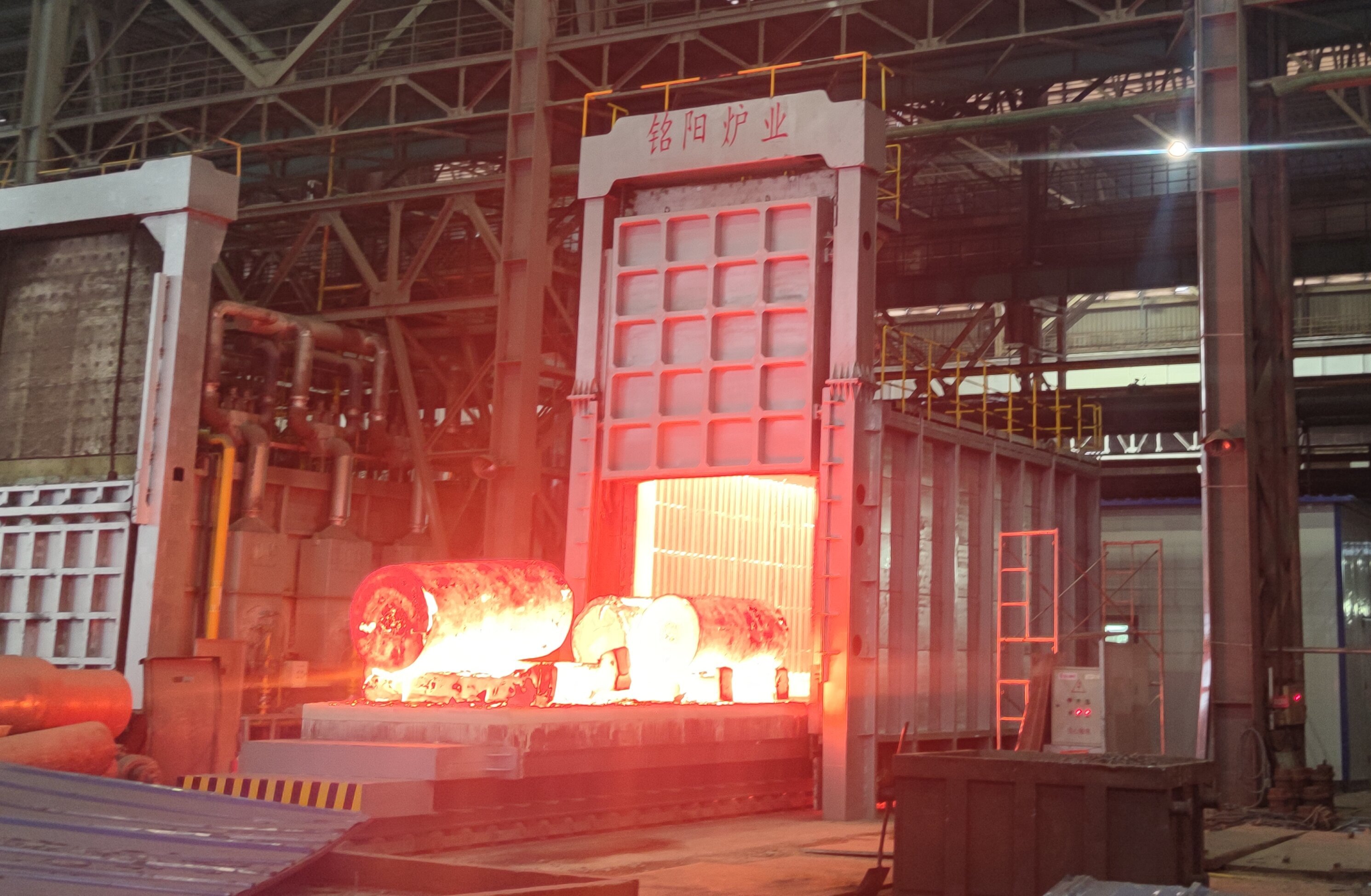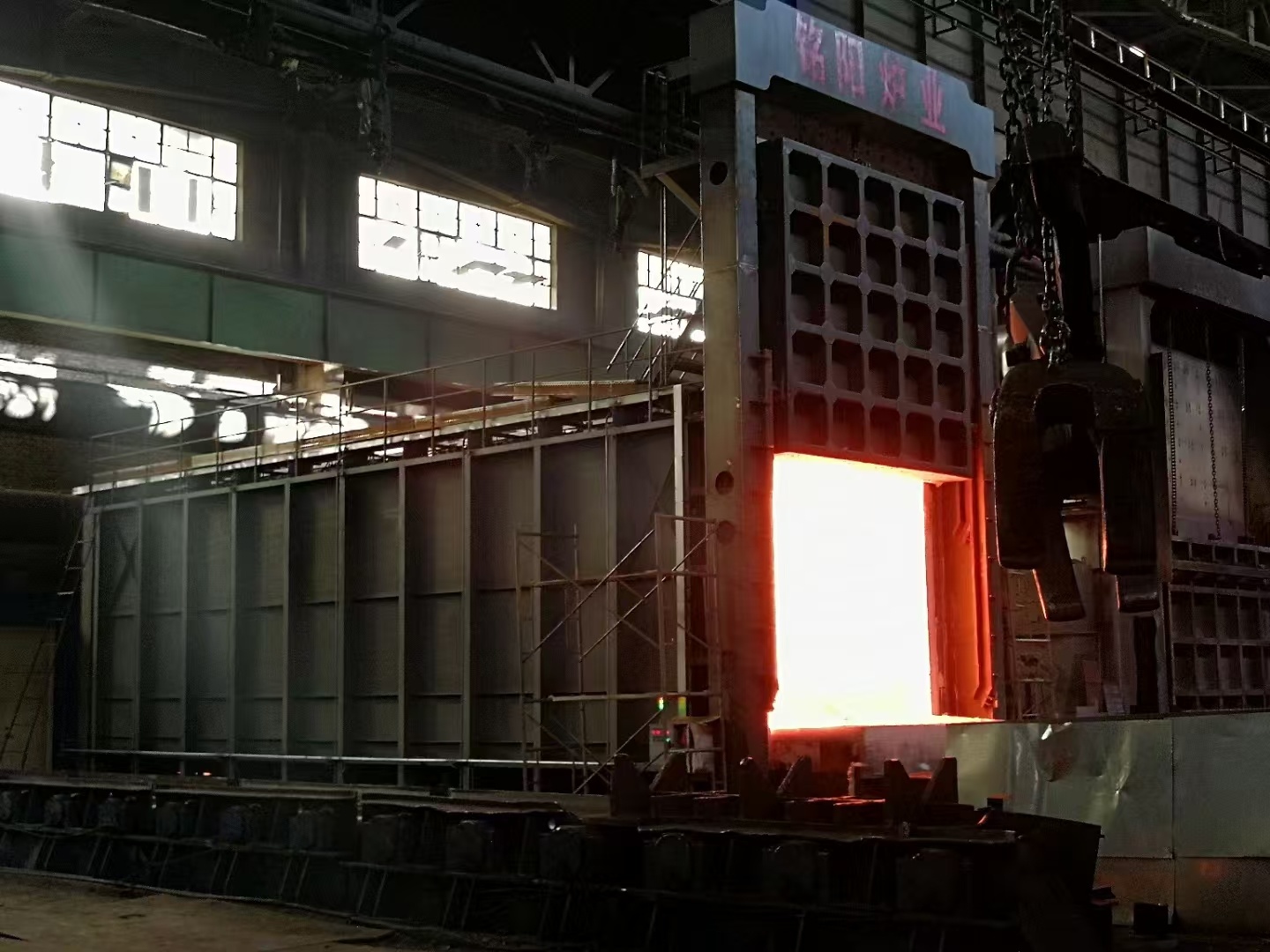


The Ultimate Guide to Choosing the Best Forging Furnace for Your Industrial Needs
Firstly, consider the furnace type that best suits your needs. There are various types of forging furnaces, including gas-fired, electric, and induction furnaces. Each type has its advantages and disadvantages, depending on the specific requirements of your operation. Gas-fired furnaces are known for their fast heating times and cost-effectiveness, while electric furnaces provide precise temperature control and energy efficiency. Induction furnaces, on the other hand, offer rapid heating and are ideal for smaller batches or high-precision applications.
Another vital aspect to consider is the furnace capacity. The best forging furnace for your operations should align with your production volume and the size of the components you are working with. Assessing your manufacturing needs will help you determine the appropriate size and throughput capabilities of the furnace. Additionally, pay attention to the loading mechanism and ease of operation, as these factors can affect your overall productivity.
Temperature control is critical in forging processes. The best forging furnace should offer precise temperature regulation to achieve uniform heating. Look for models equipped with advanced control systems that allow for real-time monitoring and adjustments, ensuring consistent quality in your products. Furthermore, consider the insulation and heating efficiency of the furnace, as these features can significantly reduce energy consumption and operational costs.
Safety features are another essential consideration when choosing a forging furnace. Look for models equipped with safety interlocks, emergency shutoff systems, and robust construction materials that can withstand high temperatures. A focus on safety not only protects your workforce but also ensures compliance with industry regulations.
Lastly, after-sales support and service are crucial elements to consider. Select a manufacturer known for their robust customer support and maintenance services. This will ensure that your forging furnace remains operational and efficient throughout its lifecycle, ultimately saving you time and resources.
In summary, selecting the best forging furnace involves evaluating various factors, including furnace type, capacity, temperature control, safety features, and manufacturer support. By taking these considerations into account, you can enhance your industrial operations and ensure that your forging processes are efficient, safe, and cost-effective.
If you are interested in our products, please leave your email and we will contact you as soon as possible.
COOKIES
Our website uses cookies and similar technologies to personalize the advertising shown to you and to help you get the best experience on our website. For more information, see our Privacy & Cookie Policy
COOKIES
Our website uses cookies and similar technologies to personalize the advertising shown to you and to help you get the best experience on our website. For more information, see our Privacy & Cookie Policy
These cookies are necessary for basic functions such as payment. Standard cookies cannot be turned off and do not store any of your information.
These cookies collect information, such as how many people are using our site or which pages are popular, to help us improve the customer experience. Turning these cookies off will mean we can't collect information to improve your experience.
These cookies enable the website to provide enhanced functionality and personalization. They may be set by us or by third-party providers whose services we have added to our pages. If you do not allow these cookies, some or all of these services may not function properly.
These cookies help us understand what you are interested in so that we can show you relevant advertising on other websites. Turning these cookies off will mean we are unable to show you any personalized advertising.


